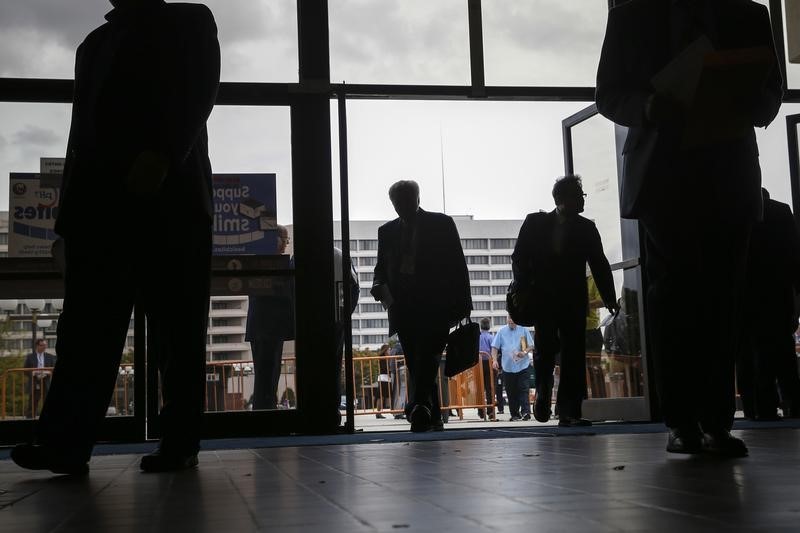Brazilian Finance Minister to Discuss Fiscal Sustainability with Lula
Brazil's Finance Minister Fernando Haddad announced today that, upon returning from Washington, he will discuss measures to ensure the sustainability of the nation's fiscal rules with President Luiz Inacio Lula da Silva. Currently attending IMF/World Bank and G20 meetings in Washington, Haddad expressed concerns about the international economic environment. He noted that volatility triggered by the U.S. elections is more troubling than Brazil's internal situation.
Despite market concerns over Brazil's long-term fiscal framework sustainability, Haddad remains optimistic about the country's economic prospects. He cited past instances of market stress being resolved and suggested that as the government continues to communicate and advance its agenda, the current uncertainty may dissipate.
The finance minister highlighted efforts by the Lula administration over the past year to strengthen the fiscal framework. This framework includes a spending cap tied to primary budget targets, aiming to curb government spending growth. However, rapid increases in mandatory expenditures, such as pensions and social programs, have raised concerns about room for other spending and the framework’s sustainability.
Contrary to market reactions, Haddad believes there is an overreaction to the notion that the government is neglecting public finances. He emphasized that the actual primary deficit for the year would be significantly lower than initial forecasts, which were not as dire as anticipated. The government is committed to maintaining a deficit within the official target, allowing for a primary deficit of up to 29 billion reais with a 0.25% GDP tolerance margin.
Haddad's comments come at a time when financial markets are particularly sensitive to fiscal responsibility signals, especially in emerging economies. His discussions with President Lula will be crucial for maintaining investor confidence and ensuring Brazil's economic stability.


